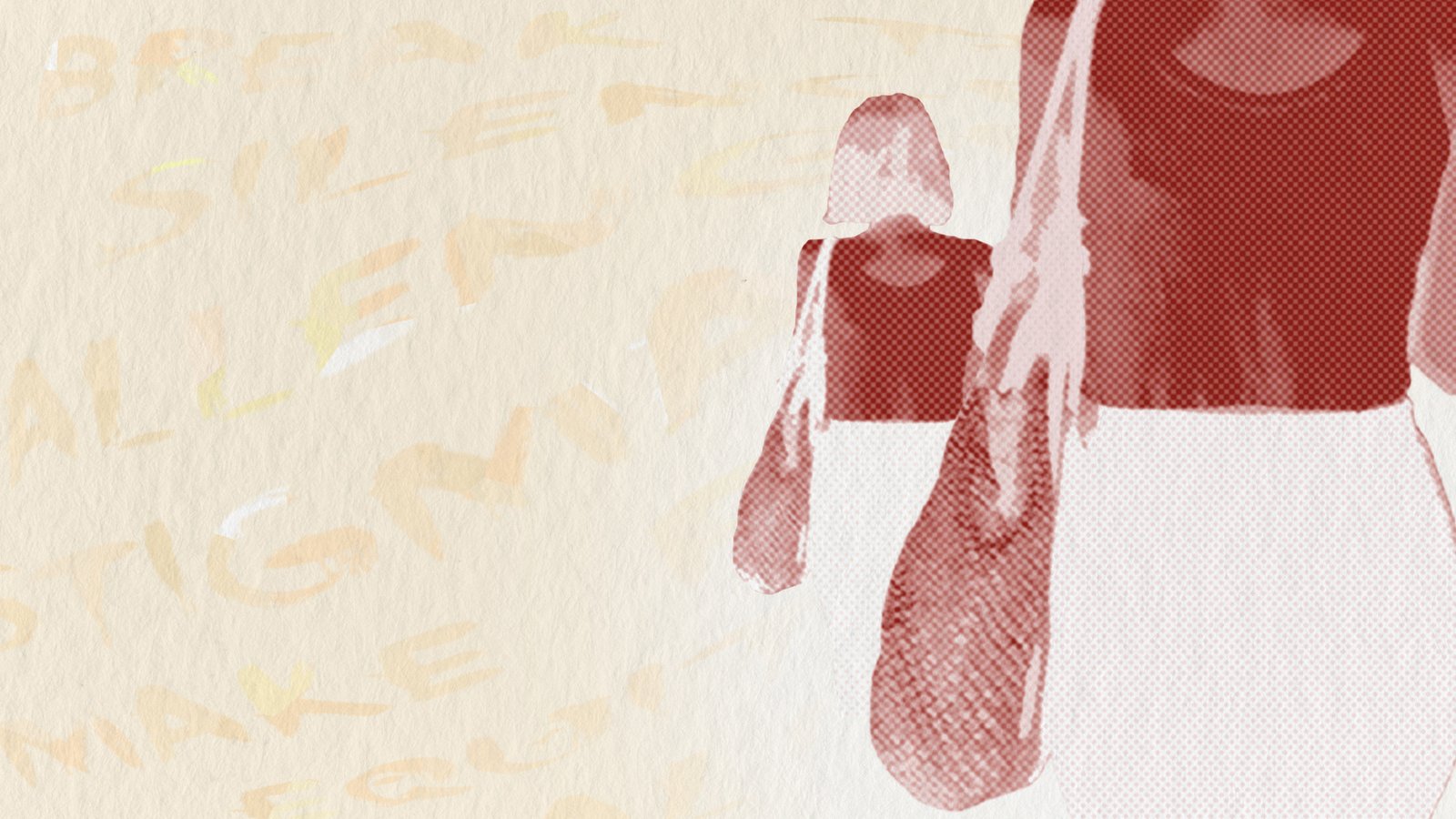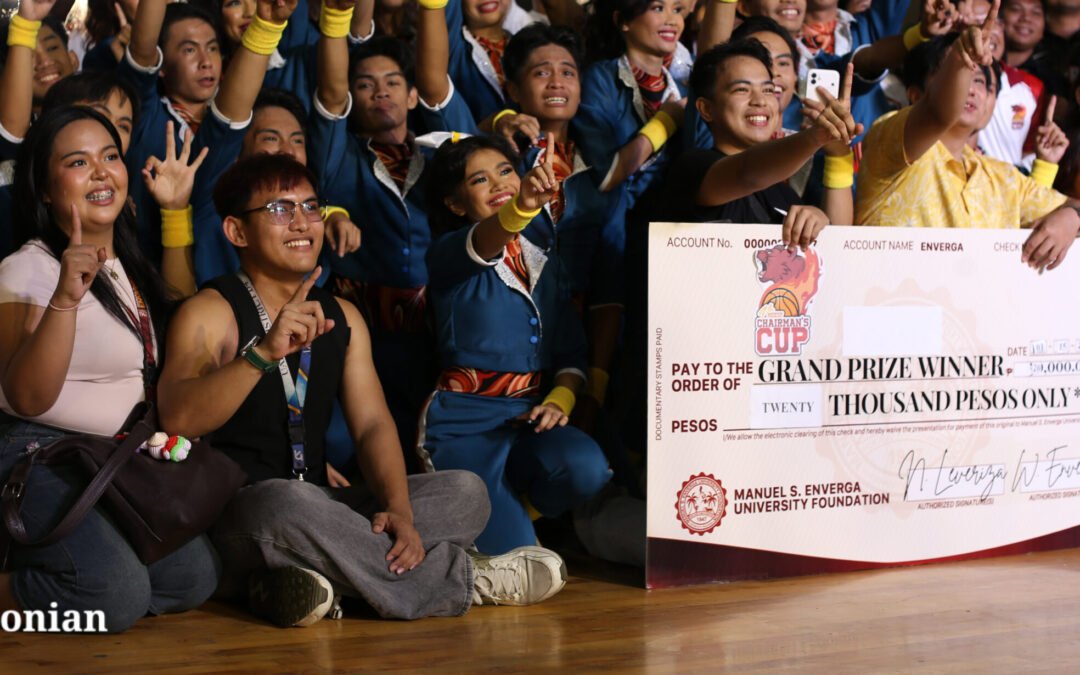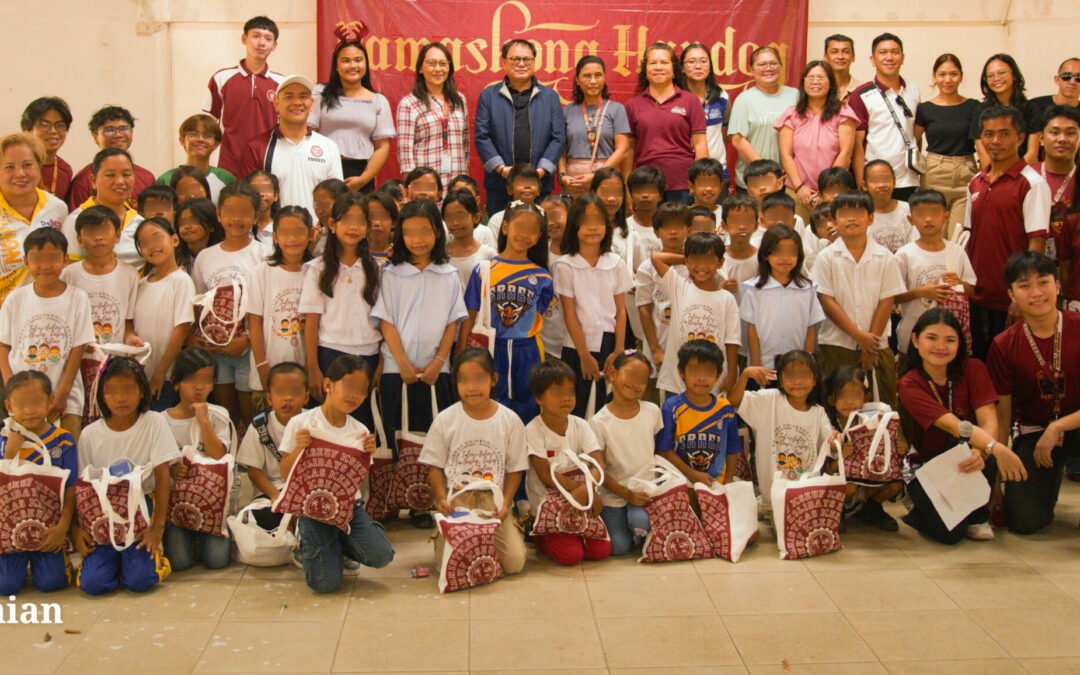Despite ongoing efforts to promote gender equality, period poverty remains a major barrier to education for many young Filipinas. Period poverty refers to the lack of access to menstrual products, inadequate facilities, and the deep-seated stigma surrounding menstruation force girls to miss school every month, disrupting their education and perpetuating cycles of disadvantage.
A 2024 report by UNICEF and WHO revealed that while access to sanitary pads in Philippine schools improved to 83% in 2020 from 60% in 2017, access to single-sex toilets remained limited, increasing only to 66% in 2020 from 49% in 2017. This disparity highlights the challenges girls face in managing their menstrual health, affecting not just their school attendance but also their self-esteem and academic performance. Without proper resources, many resort to unsafe alternatives such as old cloth, tissue paper, or newspapers, putting their health at risk.
Recognizing the urgent need to address this issue, Senator Juan Edgardo “Sonny” Angara filed Senate Bill No. 2658, also known as the Free Menstrual Products Act, in May 2024. The bill mandates the Department of Health (DOH) and the Department of Education (DepEd) to provide free menstrual products to students in all public schools, especially at the primary and secondary levels. It also requires the DOH, local government units (LGUs), and the Department of Social Welfare and Development (DSWD) to distribute menstrual products to marginalized communities. The Commission on Human Rights (CHR) has since lauded this initiative, emphasizing that menstruation is a natural monthly cycle that should be included in the distribution of basic services. The CHR urged legislators to prioritize the passage of the bill, recognizing menstrual health as a fundamental human rights issue.
For Miss Earth Philippines 2023 Yllana Marie Aduana, an advocate for menstrual equity, addressing period poverty is about ensuring that no girl is forced to choose between her education and her dignity. Aduana has worked with various organizations to distribute menstrual hygiene kits to underprivileged communities and raise awareness about sustainable menstrual health solutions. “We women, we are humans, and we are designed to experience a lot of happenings inside our anatomy. And I feel like if the government is to impose menstrual leave, this is really gonna do something for women,” Aduana stated in her advocacy. She continues to push for policy changes, sustainable menstrual product distribution, and education initiatives to dismantle the stigma surrounding menstruation.
Ending period poverty in the Philippines requires a multi-pronged approach. The swift passage and implementation of the Free Menstrual Products Act is crucial in ensuring menstrual health is treated as a priority. Schools must also improve infrastructure by providing private, hygienic restrooms with proper disposal systems, allowing students to manage their periods without fear or embarrassment. Comprehensive menstrual health education must be integrated into school curricula, teaching both boys and girls about menstruation to eliminate harmful myths and reduce stigma. Furthermore, stronger partnerships between the government, private sector, and advocacy groups can bolster efforts to distribute sustainable menstrual products like reusable cloth pads and menstrual cups, making them more accessible to low-income communities.
No girl should have to choose between her education and her dignity. Addressing period poverty isn’t just about providing menstrual products—it’s about ensuring equal access and opportunities for every Filipina student. By prioritizing menstrual health in policies, education, and infrastructure, we can create a future where no student is left behind simply because of a natural cycle. It’s time to break the silence, challenge the stigma, and make period equity a reality.






